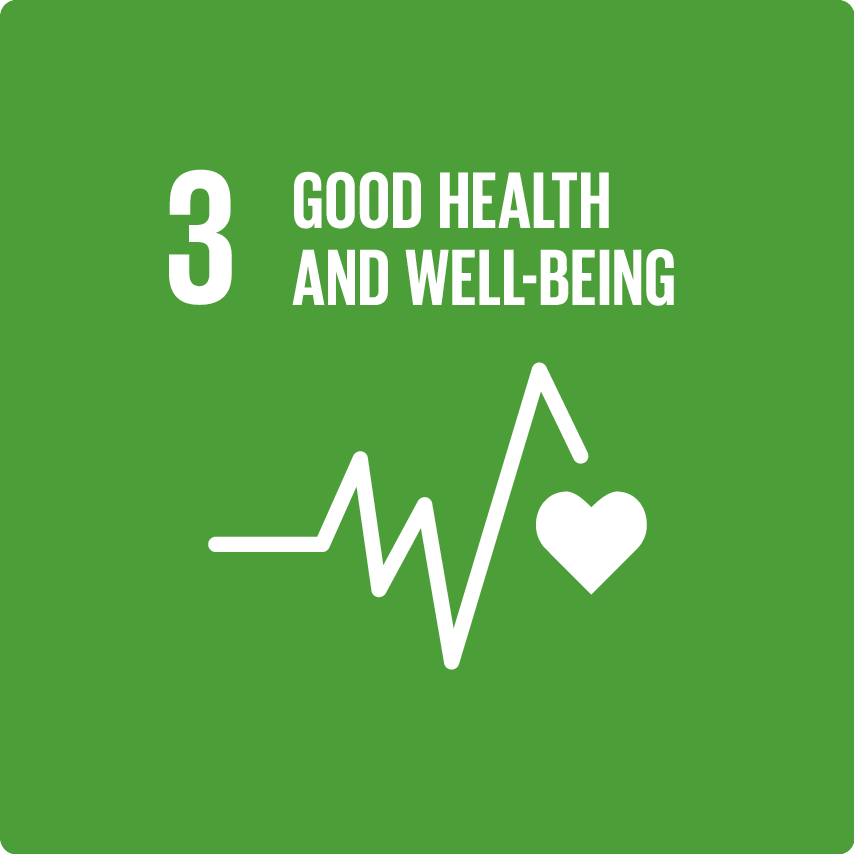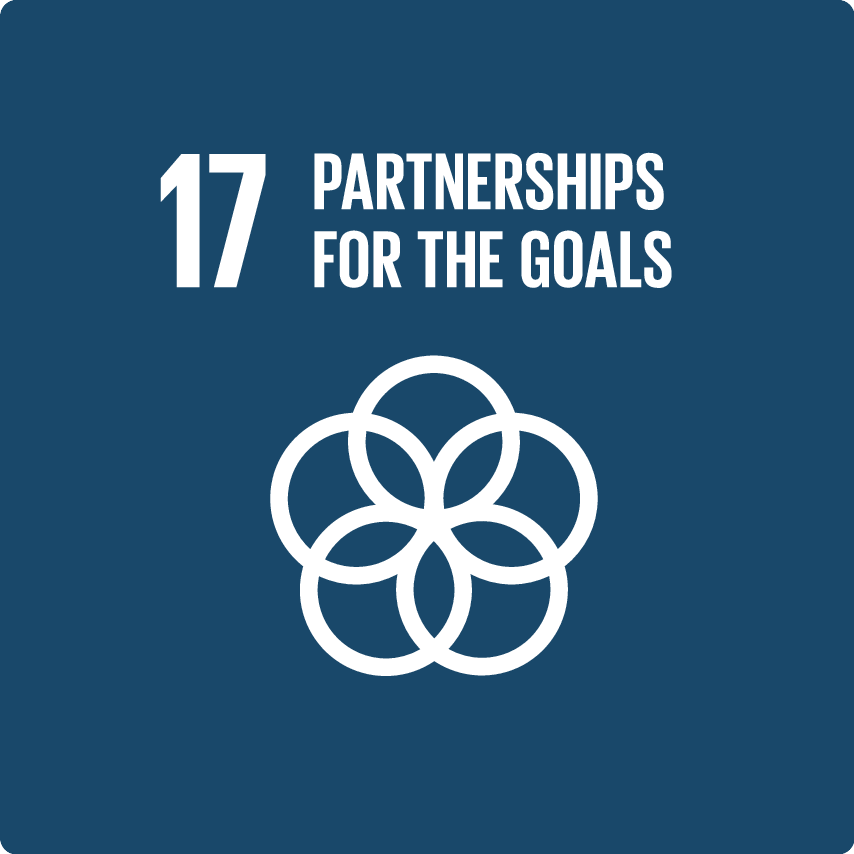Otsuka FighTBack Initiative
Otsuka FighTBack Initiative’s goal is to scale-up access to delamanid (Deltyba®) in all low- and middle-income countries and those with a high burden of multi-drug resistant tuberculosis (MDR-TB); as well as to revamp TB research and development (R&D) for shorter, safer and more effective all-oral TB treatment regimens.
SEE ALL PARTNER ORGANIZATIONS
Objectives
The key priorities of the FighTBack initiative beyond equitable access are to ensure responsible use of delamanid and to continue R&D efforts into new treatment options as well as diagnostics, treatment monitoring tools and developing novel compounds.
What are the health needs and challenges?
Globally about half a million people get ill with drug resistant forms of tuberculosis every year. Therapy includes a cocktail of various medicines. Up to now, only about half of those who are put on treatment have a successful outcome. The gap is due to lack of availability of novel and more effective treatment regimens. Furthermore, therapeutics for children and/or those who are also affected by other diseases and conditions such as HIV infection are often more complicated. Considering the dramatic rise in bacterial resistance worldwide, rational use of antibiotics is critical to ensuring that the greatest number of patients have equitable access to them over the longest period of time.
Partnership activities and how they address needs and challenges
Otsuka’s FighTBack initiative has 4 main pillars:
- Innovative research and development
- Responsible access to medicines
- Optimized disease management and patients’ support and care
- Collaborative capacity building
As part of the FighTBack initiative, Otsuka is participating in a number of collaborative studies. One of them is the endTB project led by Médecins Sans Frontières (MSF), Partners in Health (PIH), and Interactive Research & Development (IRD).
The endTB project evaluates new regimens for the treatment of MDR-TB and aims to reduce existing country-level barriers to the uptake of new TB drugs. In December 2015, Otsuka provided a one-time donation of 400 treatment courses of delamanid to MSF for the endTB project to provide rapid access to patients in urgent need. In 2016 and 2018, 400 treatment courses were also donated to the National TB Programs of South Africa and India respectively, to kick-start access in those countries.
Otsuka’s second Compassionate Use (CU) delamanid project began in 2019. The project operates globally, in countries which haven’t yet granted respective marketing authorization or where access to delamanid is otherwise restricted. Adults or paediatric patients with rifampicin-resistant TB receive delamanid with other anti-TB medications as a last option when an effective treatment regimen cannot otherwise be composed for reasons of resistance or tolerability. Children weighing between 10 and 30 kgs have received the child-friendly version of delamanid, a 25 mg tablet which dissolves in water.
A key component of the initiative is also Otsuka’s collaboration with Stop TB Partnership’s Global Drug Facility (GDF) since 2016, which enables more than 100 eligible low- and middle-income countries to procure delamanid. The GDF is the largest procurer of quality-assured tuberculosis medicines and provides TB drug management technical assistance in an effort to promote equitable access to TB medicines and diagnostics. As of June 2022, Otsuka, in cooperation with the GDF, has been facilitating supply of its child-friendly medicine for treatment of drug resistant TB to more than 34 countries including those with high burden of TB, drug resistant TB and TB/HIV coinfection.
Corresponding principle in the declaration by the AMR Industry Alliance
“As part of the WHO Global Action Plan’s proposal for a comprehensive program of sanitation, hygiene, vaccination, infection control, education, and stewardship, we support mechanisms to ensure affordable access to new and existing antibiotics to the patients who need them, in all parts of the world and at all levels of income. “
Results and milestones
By mid-2022, more than 78,000 treatment courses have been distributed to more than 120 countries including all 30 WHO high MDR-TB burden countries. In October 2020, the European Commission authorized the extension of the indication of delamanid to include adolescents and children with a body weight of at least 30 kg. For the youngest groups, a novel child-friendly 25 mg dispersible tablet formulation of delamanid was authorized in September 2021 by the European Commission. At the moment, delamanid is indicated for the treatment of pulmonary MDR-TB in adults, adolescents, children and infants with a body weight of at least 10 kg.
In addition, several collaborative studies with delamanid are in progress; Otsuka’s second novel compound, OPC-167832, is being developed in combination with delamanid for potential inclusion in a future treatment regimen in line with WHO’s target product profiles. A number of studies and trials are planned or have already begun. These include a Phase 2b/c dose confirmation trial in South Africa [combining OPC-167832, delamanid and Johnson & Johnson’s bedaquiline (Sirturo® ), supported by a US$17.8 million grant from the Bill & Melinda Gates Foundation.
- More than 78,000 treatment courses distributed to more than 120 countries.
- Child-friendly dispersible tablet launched 2021
Geographic Reach
- Global Commitment
Disease Area
- Infectious and Parasitic Disease
Target Population
- Other
Partner organizations
endTB Consortium
Unite4TB Consortium
Medecins Sans Frontieres (MSF) / Doctors without Borders
Stop TB Partnership
Partners in Health
Centers for Disease Control and Prevention (CDC)
Right to Care
Access To Medicine Foundation
Bill and Melinda Gates Foundation
Global Fund to Fight AIDS, Tuberculosis and Malaria
Additional resources
- Otsuka Announces Worldwide Access Plan for Delamanid
- Otsuka Announces Approval in EU of Pediatric, 25 mg Dispersible-Tablet Formulation of Deltyba™ for Multidrug-Resistant Tuberculosis
- Otsuka Awarded Grant for Phase 2 Trial Combining Novel Anti-Tuberculosis Compound OPC-167832 with Delamanid and Bedaquiline
Geographic Reach
Global Commitment
Disease Area
Infectious and Parasitic Disease
- Drug-Resistant Infections (AMR)
- Tuberculosis

